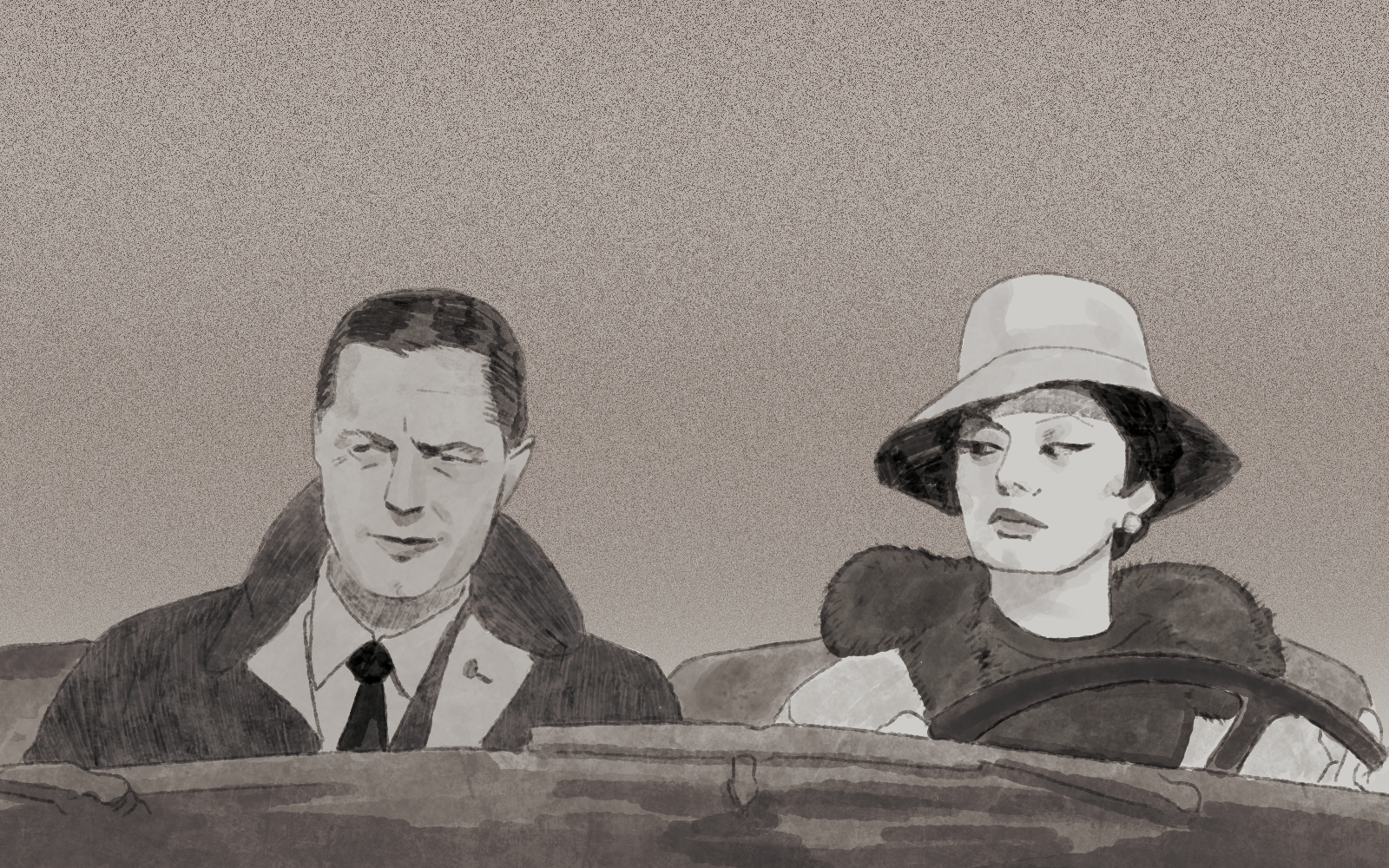Concordia’s Cineforum Italiano is grappling with budget cuts.
Concordia’s Department of Classics, Modern Languages, and Linguistics put out for the second year the Cineforum Italiano, a series of film screenings peppered throughout the semester followed by discussions of gender and sexuality in Italian film.
The most recent on Feb. 23 was a screening of Una Giornata Particolare, attended by a small but dedicated group. The story tells of the friendship between a housewife and a gay man in fascist Italy. While everyone in their apartment block attends the historic meeting between Mussolini and Hitler, the two grow close despite stark political differences. The man is taken away by military police at the end of the day, leaving the housewife to continue living a dull life, forever changed.
This film screening and many before it have been gathering places for Italian in Montreal. At the Cineforum, attendees converse in English, French and Italian alike. However, due to tuition hikes and budget cuts, the future of the initiative has become uncertain.
Starting off last year with three winter screenings, the event’s popularity led to three more showings this fall term, and finally six this winter term.
Cineforum Italiano has a distinctly Italian air. Most of the attendees come from Italian backgrounds, some with Italian parents and some first generation immigrants themselves. But due to the stagnating immigration rates from Italy and the passage of time, these Italian spaces are few and far between.
Lorena Serragli, a retiree with Italian parents, first took an Italian cinema class to reconnect with her roots, then began attending the screenings. She said that Italians in Montreal used to be concentrated in the east, but as the second generation grew up, they dispersed.
“I don’t find there’s an area now that’s really remained predominantly Italian,” Serragli said.
Due to this decentralization of the Italian community, many attendees only speak Italian and interact with Italian culture during the Cineforum Italiano.
“I don’t really interact with the Italian community,” Serragli said. “My parents, my aunts have passed on and the cousins that I have now, we all interact in English. We’re all more Canadian than Italian. And so it just felt kind of nice. It’ll put me back in that atmosphere and that culture and that mode.”
Though it started out as an educational initiative about film, it also serves as a hub for the Italians of Montreal and is one of many small events in the city that keeps Italian culture alive.
Additionally, Concordia university itself is a gathering place for second and third generation Italians. Through the university’s Italian language program, it is drawing in Canadians and Americans with Italian ancestry in order to connect with their heritage.
As a teaching assistant, Meneghin has seen many students get engaged through Concordia’s Italian program and related initiatives.
“I notice a lot of Italian surnames. The successors of those immigrants or those people that scattered all around the city, they kind of congregate here,” Meneghin said.
The film screenings and the Italian program welcome Italians and non-Italians alike. However, the film screenings are at risk of being another casualty of budget cuts born from tuition hikes. Since they are free, they rely entirely on the departmental budget, and they might not be able to continue, according to Elena Benelli, the director of the Italian program, due to an almost eight per cent cut to the university budget.
“I don’t think universities give enough space, resources and importance to the humanities in general,” Benelli said. “I think that the humanities have their place in this world.”
